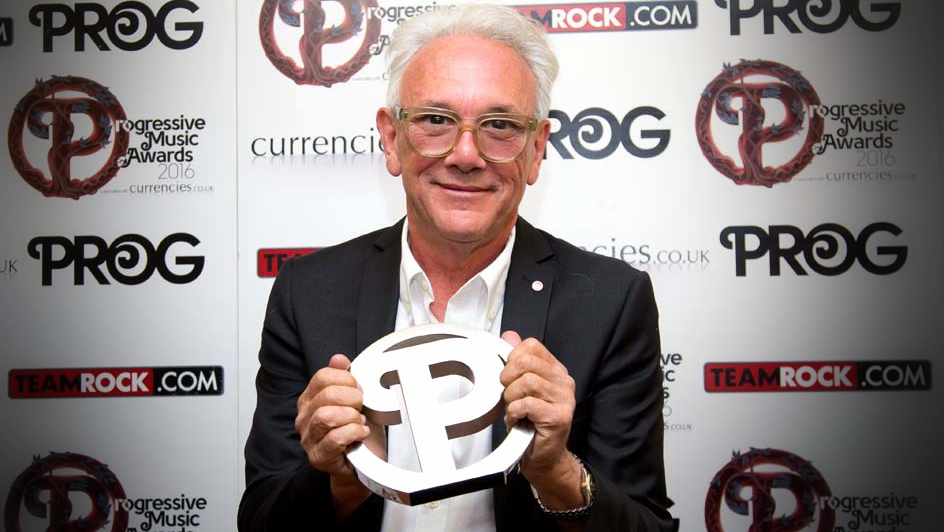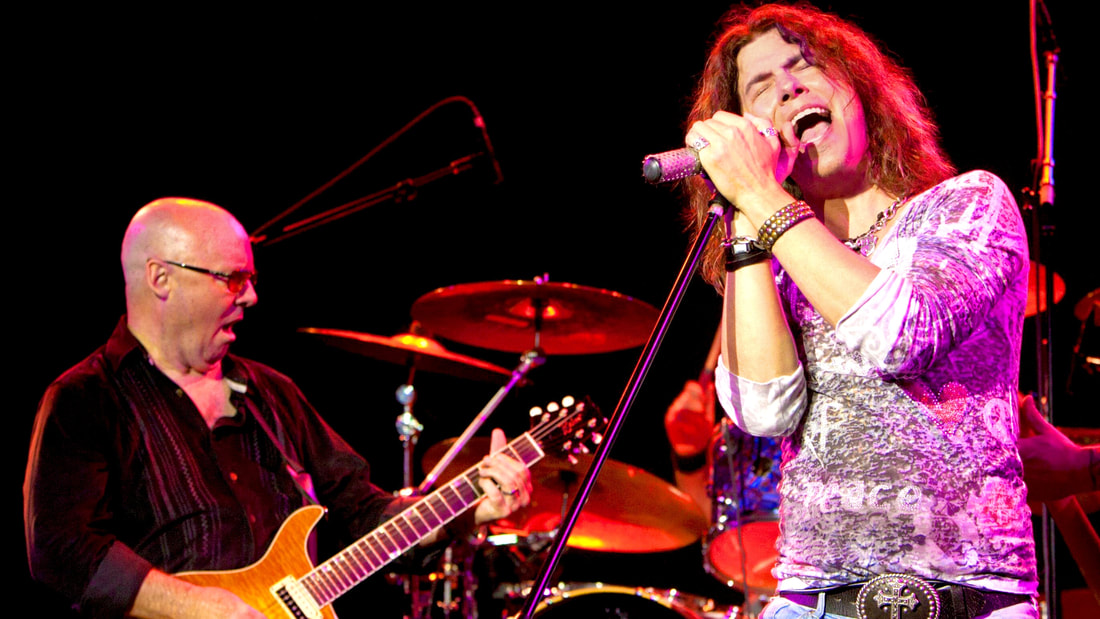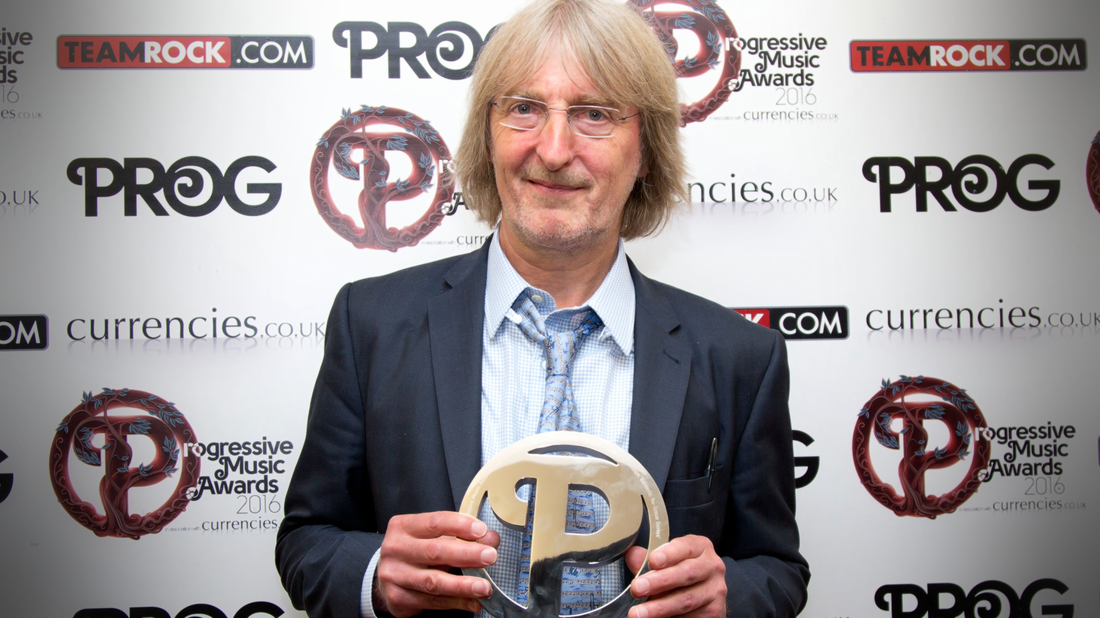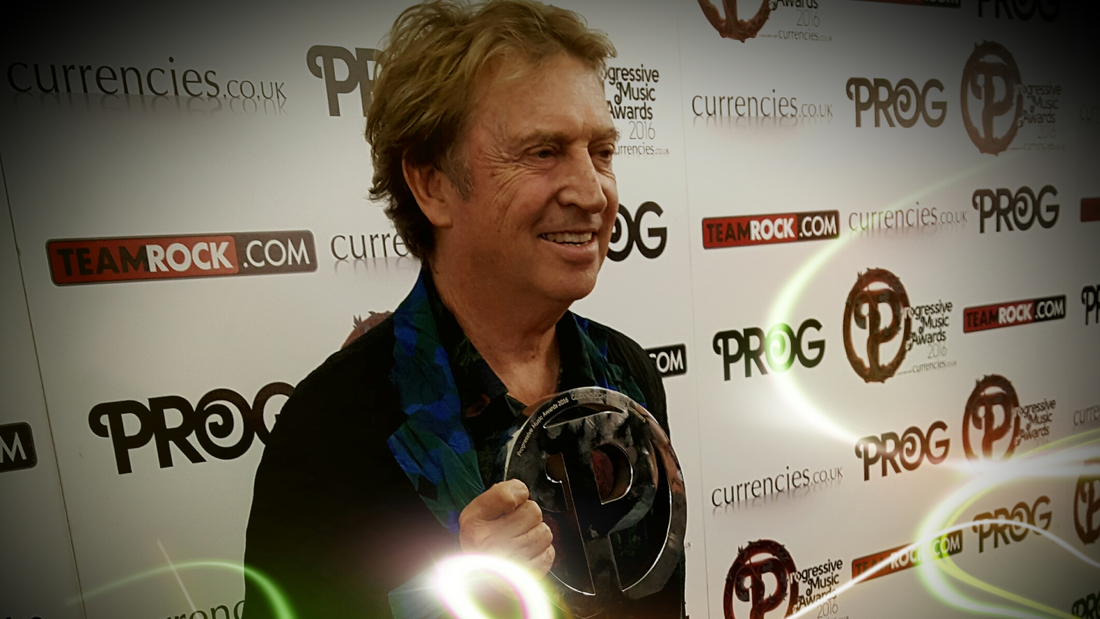What is PTSD?
PTSD is a mental health condition caused by experiencing traumatic events or situations.
This disorder can be triggered by any situation that was traumatic. These experiences might include violent assaults, road traffic accidents, and childbirth. PTSD can result from a single-incident trauma or through sustained or repeated forms of events, including chronic abuse, bullying, or frontline work.
People with PTSD might relive the traumatic event through flashbacks and nightmares, but individuals experience the trauma differently. Some might feel guilty, lonely, or irritable, while others might find it difficult to concentrate and have trouble sleeping.
Who experiences PTSD?
Regardless of the specific signs associated with PTSD, it can be experienced by anyone. However, it’s more likely to be a widespread concern in certain demographics: the prevalence of PTSD amongst the UK police force could be up to 20.6%, for example.
How does music therapy work?
Music stimulates the release of positive hormones, including oxytocin. These hormones carry an immediate and powerful impact on the brain, stimulating feelings of relaxation. Listening to music can also counteract the effects of stress hormones, including cortisol, which is frequently found to be unregulated in PTSD patients.
According to one 2017 study, music therapy for PTSD could be seen as a “more accessible and less stigmatizing therapeutic option for treating post-traumatic stress” than traditional forms of treatment like group counselling or cognitive behavioural therapy (CBT).
Accessing music therapy
Music therapy can be undertaken with the help of a trained therapist. The sessions aim to use music to stimulate not just an emotional response, but also a cognitive one. This type of therapy can also be done in a group, in public, or in the comfort of your own home.
Many victims and survivors decide to get their own instrument to work on their mental health outside therapy. If you’re planning on investing in a special piece of kit, don’t forget to secure the right insurance for your instrument to keep playing for longer.
Whether it’s achieved by music lessons, listening to music through headphones, or practising your favourite instrument, engaging with music can be incredibly cathartic. It allows you to shift your negative energy away and into your instrument, leaving you with better energy in return.
You can learn more about PTSD on the NHS website, including more information on symptoms and different treatment routes.









